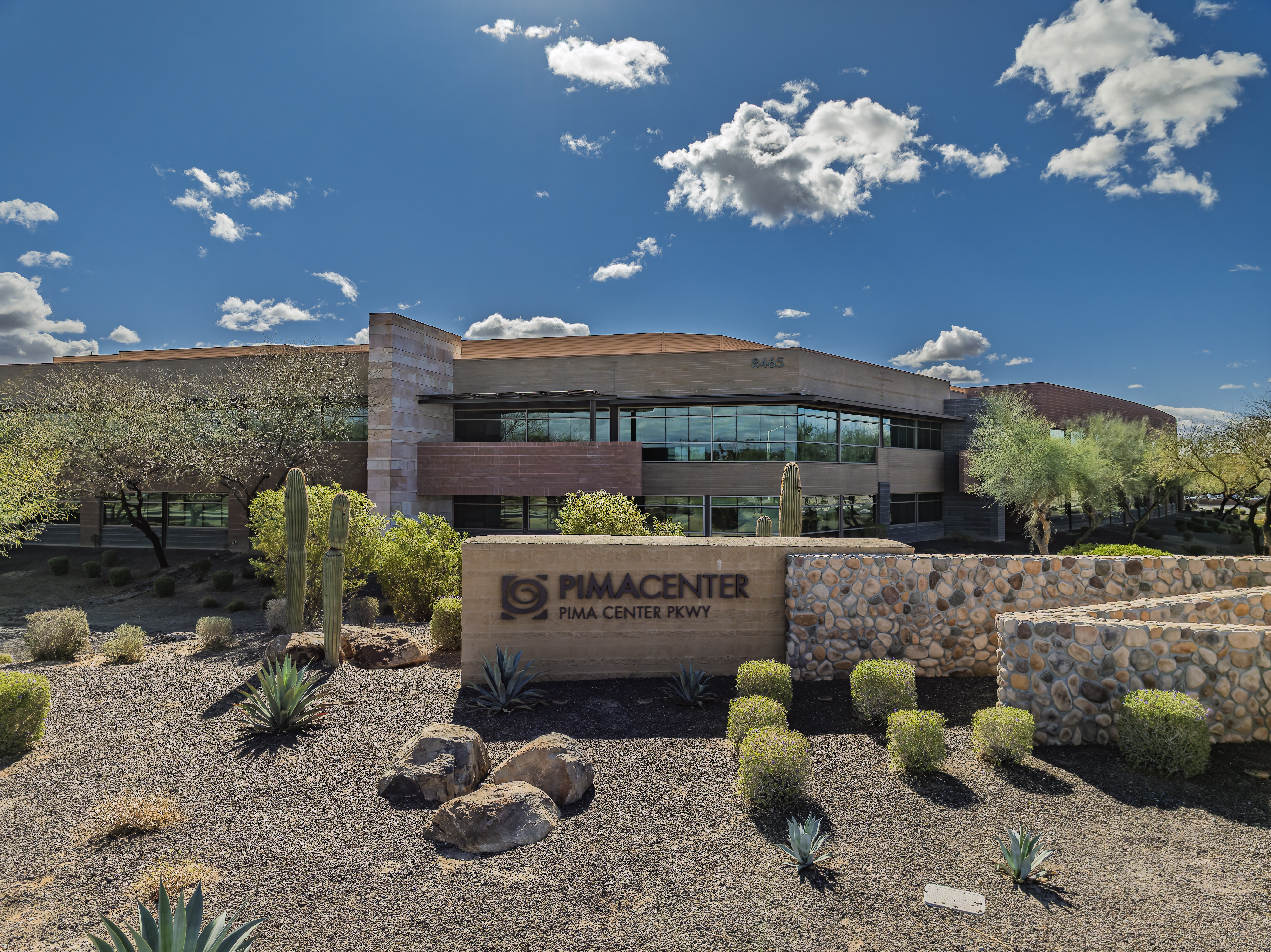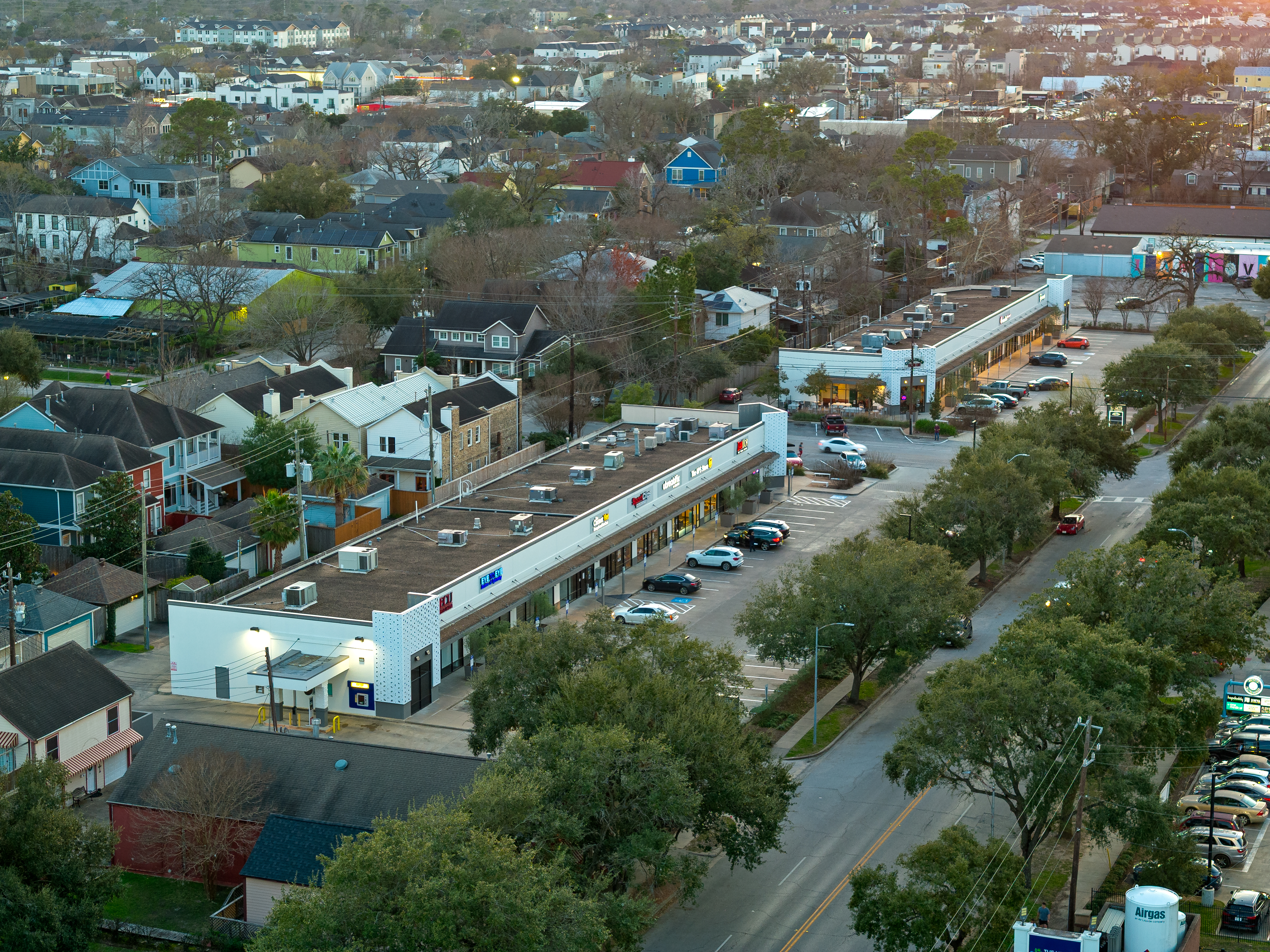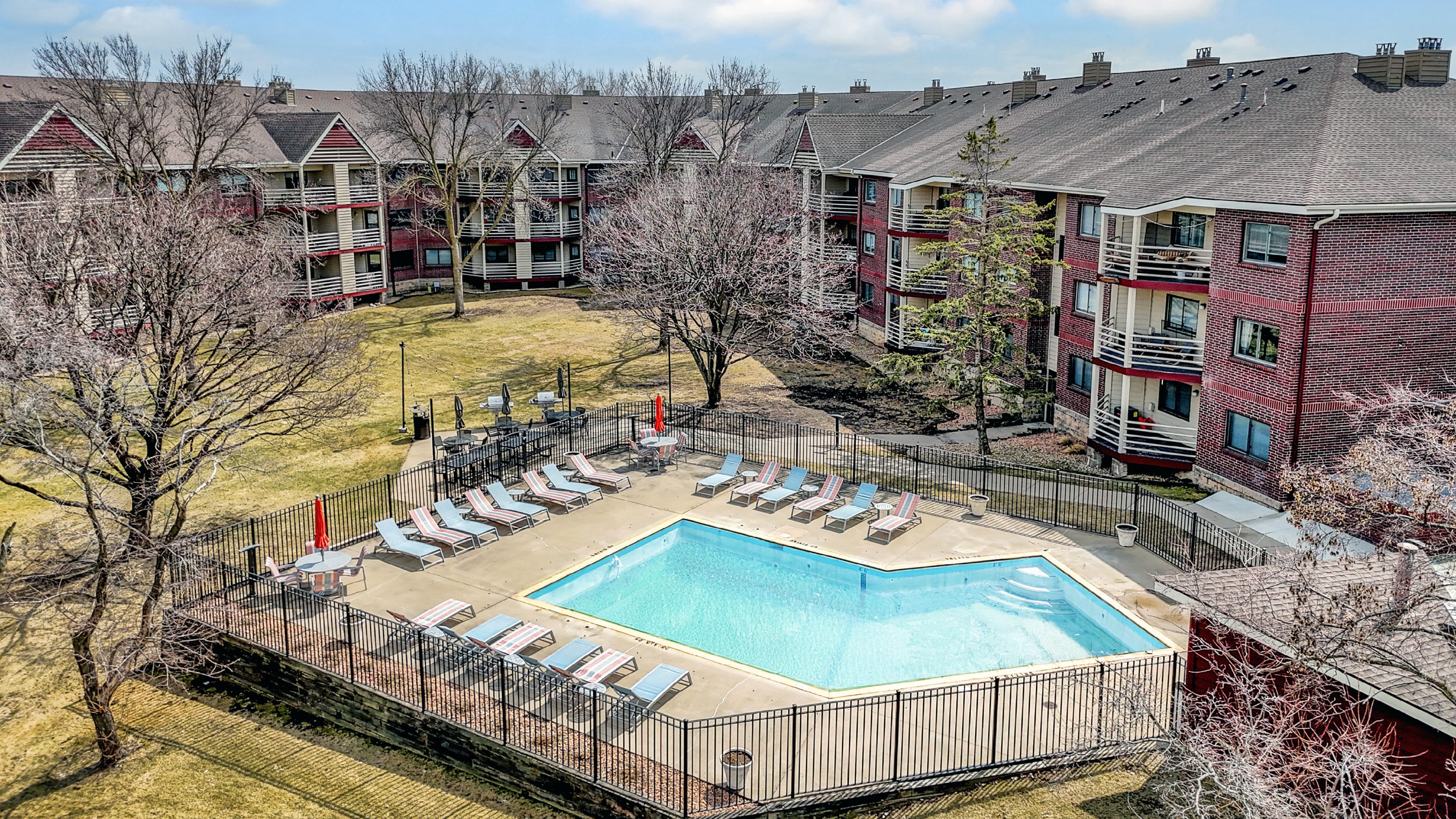Australia’s hotel capital markets see bifurcation across the first half of 2024
Subdued investment volumes over the first half as institutional capital holds steady, however mid-markets remain active.
Over the first half of the year, investment volumes in Australia totalled A$646.4 million, across 20 transactions. This was down 54% from the same period last year (1H 2023), only accounted for 8% of total APAC hotel investment volumes.
“This is primarily a result of the current macroeconomic environment, which has seen a slowdown in the supply of realistically saleable assets and a number of capital sources take a seat on the sidelines,” says Peter Harper, Managing Director - Head of Investment Sales, Australasia, JLL Hotels & Hospitality Group. “We also note that much of the current YTD volume could be classified as 'last year deals', having been either exchanged in 2023, or had most of the groundwork done then.”
“Overall, a bid-ask spread remains a regular occurrence, particularly at an institutional level, where buyers are finding it difficult to hit internal target returns. Deals that are progressing are taking increasingly longer, with buyers requiring more DD and stringent approval processes.”
This has resulted in a clear bifurcation of hotel capital markets, whereby we are witnessing a two-sided market of opportunities.
“Mid-market opportunities (≤A$40 million) remain active, continuing to garner solid interest and attract the strongest depth of capital at the moment. This can be attributed to the lower cost of capital amongst the investors in this space, being predominantly HNWI’s, owner-operators, and smaller private entities”.
“On the other side of the coin, many institutional and private equity (P.E) groups have been unable to reach sell-side expectations, suggesting they’re much more impacted by the higher cost of debt and the affect this is having on their feasibilities and IRR’s. This is apparent by the fact that there have been no large-scale (A$100 m+) institutional hotel transactions that have settled this year, which has kept volumes relatively subdued, although we do expect a pick-up in activity across this sector of the market over the second half as several deals finally come to fruition,” says Harper.
This thematic has been emerging in the Australian market for some time now, driven by 13 rate rises which started back in May 2022, and the rising cost of capital. The chart below reinforces this, breaking down transaction activity over the past three half-year periods. Highlighting both how recent transactions have been dominated by mid-market assets, and institutional grade stock is not transacting at the same levels seen in previous years.
Looking for more insights? Never miss an update.
The latest news, insights and opportunities from global commercial real estate markets straight to your inbox.
“Moreover, we are yet to see foreign capital act at its historic levels in the hotel space this year, unlike what has recently been witnessed across other CRE sectors, particularly office and industrial. To date, a number of offshore groups have indicated their preference to focus on what they perceive to be better value opportunities in other countries, however, we note that many are ready to move for the right deals or pricing in Australia’s major markets. History suggests such capital sources have been incredibly active in the aftermath of major economic disruptions."
This increased transaction activity in the core sectors was driven by further pricing discovery, as well as updated valuations that assisted in a closing of the bid-ask gap. Additionally, and similarly to hotels, transaction volumes in the other sectors comprise a number of deals that commenced some time ago and have taken significantly longer than traditional timeframes to complete.
Breakdown of hotel investment market
Source: JLL Research
Investment Opportunities
Over 1H 2024, the mid-market space (≤A$40 million), accounted for 70% of deals (39% by total volume), totalling A$254.9 million across 14 transactions. Many of these deals featured attributes such as large underlying land parcels, repositioning opportunities or alternative use potential, which are more actively sought in times of uncertainty.
“Our team has been very active in selling a number of notable assets in the mid-market space this year, which attracted significant levels of enquiries and bids. These include the sales of the Great Eastern (A$40 m) and Flag Motor Lodge (A$17 m) in Perth, and The Sebel Melbourne Ringwood (A$32 m).”
“Additionally, we continue to see some states outperform others in regard to investment activity and current enquiry levels. This is being led by states such as Queensland and Western Australia which are bucking many of the trends being witnessed across the rest of the region,” says Harper.
South-East Queensland in particular has been very active, which is being driven by a combination of strong demand levels, and a significant infrastructure spend and pipeline of projects over the coming decade, in the lead-up to the Brisbane Olympic and Paralympic Games in 2032.
Similarly, Western Australia and in particular Perth, has also seen an uptick in transactions, on the back of its thriving hotel market, and is supported by a growing confidence in the overall market and WA economy.
Contacto con Peter Harper
Managing Director, Head of Investment Sales - Australasia, JLL Hotels & Hospitality GroupWhat’s your investment ambition?
Uncover opportunities and capital sources all over the world and discover how we can help you achieve your investment goals.




